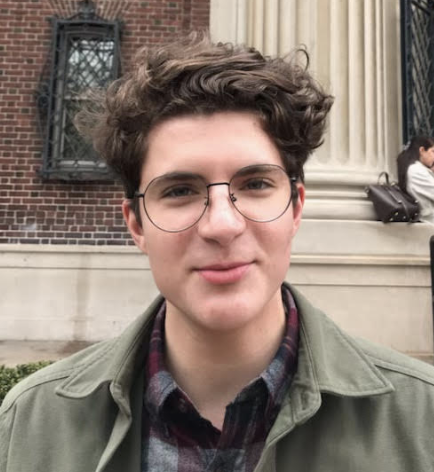Applying to graduate school in any field can bring up feelings of inadequacy and doubt. For career changers and those pursuing higher education in a new subject, these feelings are only amplified. Even for those of us who exude confidence in our daily lives, the thought of applying to a graduate program against other applicants with a greater number of years of more specialized experience can feel daunting.
However, early specialization is not the only recipe for being accepted into graduate school and to achieving success in a career beyond that. To illustrate this point, I’ll focus on medical school admissions, since medicine tends to be a domain that people set their sights on rather early. Despite the highly focused path of the “traditional” medical school applicant and its many head starts, the non-traditional medical school applicant actually has a number of advantages from both a personal and admissions perspective.
Being a non-traditional medical school applicant gives you three special gifts: a strong sense of purpose, determination, and creativity.
A Sense of Purpose
If you have decided to move to medicine from another field, you are almost certainly pulled towards the field from a genuine place—likely your unwavering desire to help others and your unquenchable curiosity about the science of the human body—rather than pushed into it by familial or societal expectations. Having a deeply felt sense of meaning is a huge boon during the process of crafting personal statements for medical school applications. The admissions process is in many ways an introspective one, and the more readily you can access your genuine joy and interest in your chosen career path, the more easily you can convey your worth to an admissions committee through your writing and interviews later in the process.
Determination
Having a strong sense of purpose also directly feeds determination, the stick-to-itiveness to thrive during the stress of the med school admissions cycle, medical school, and a career in medicine itself. Knowing your why means there are no failures, only opportunities for greater learning along your path.
Creativity
A career in medical science involves the ability to toggle between the realms of many logical systems (e.g., language, math, and chemistry), and between the microscopic and human levels. Coming to medicine from another field means you already have experience thinking about problems in different ways. This grants you a certain mental flexibility that will make learning about medicine a much more creative and, ultimately, fun endeavor. Perhaps this cognitive flexibility partially accounts for why humanities majors are accepted to medical school at a higher rate than every other major, save math and statistics, according to recent data from the AAMC.
Keeping these three gifts in mind during the medical school application process can remind you of your value, which is helpful at the primary applications stage—your initial marketing pitch for why med schools should be interested in you—as well as at the secondary applications stage—where you explain why you are interested in the schools you’re applying to. It is important to remember that medical school is, ultimately, meant to serve you by setting you up for a career in medicine. When it comes to your application, you cannot simply think about how your prior experience prepares you for medical school. You must also consider how each program you are applying to will support you in your particular goals and interests going forward.
You are more than your CV, and taking a fond view of the apparent detours in your path to medicine as a nontraditional med school applicant can be useful in remembering that medical school is only one stepping stone in your life’s broader course.

Comments